About
Founded in 1891, the Cambridge Majlis is a historic and influential society dedicated to the recognition, celebration and advancement of South Asia and its freedom struggles past or present.
A famous forum for debates, cultural events and fraternising, it hosted some of the most important leaders from the region in those heady, fateful decades immediately before and after Independence was won, such as Mohandas Karamchand Gandhi, Muhammad Ali Jinnah and Subhas Chandra Bose. Past members include Jawaharlal Nehru and President Emeritus Amartya Sen.
Its work continues - we hold topical debates, host prominent speakers and organise social events. Join the Majlis, not only in contemplation of South Asia’s former glories and victories, but also in its discernment and discussion of the issues, quandaries and crises with which the subcontinent is faced today.
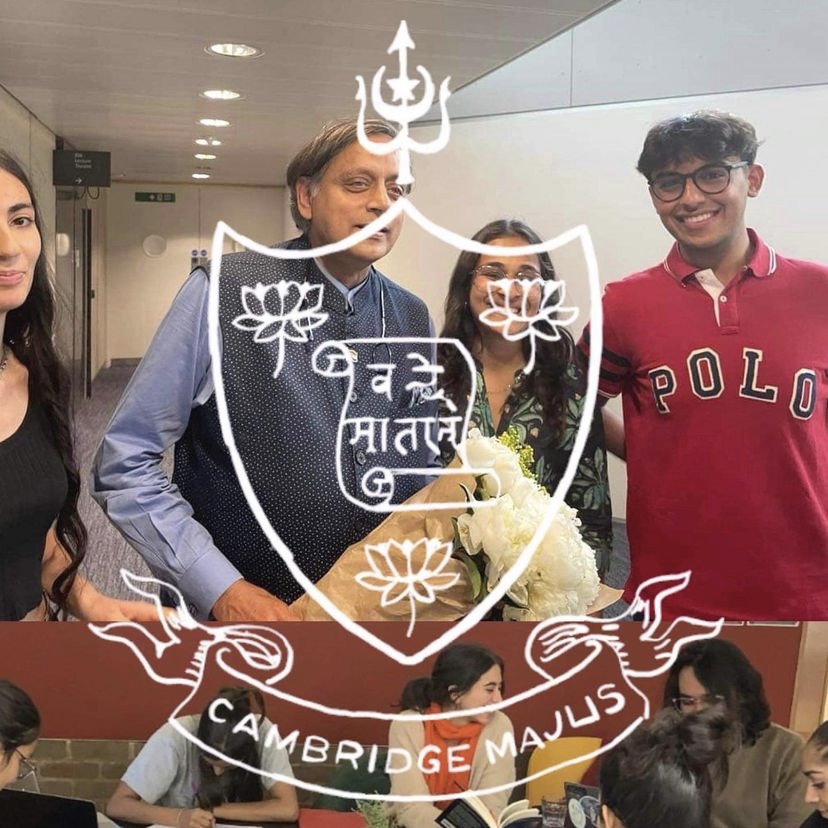
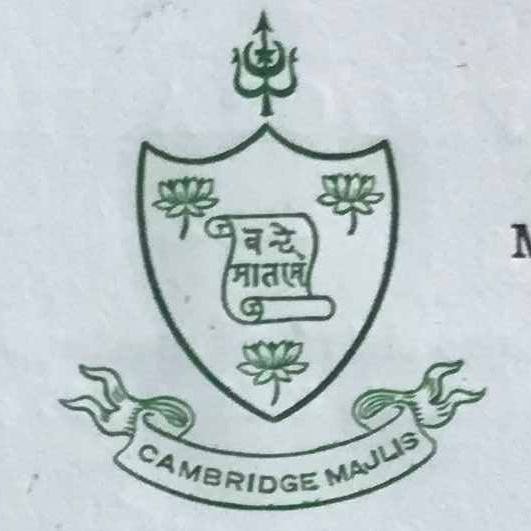
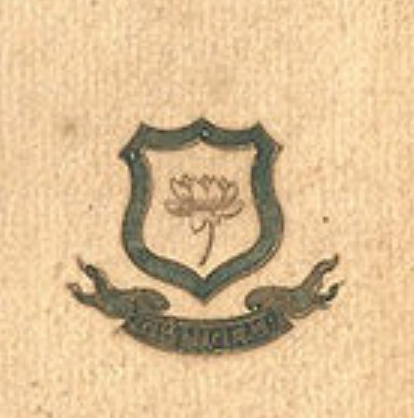
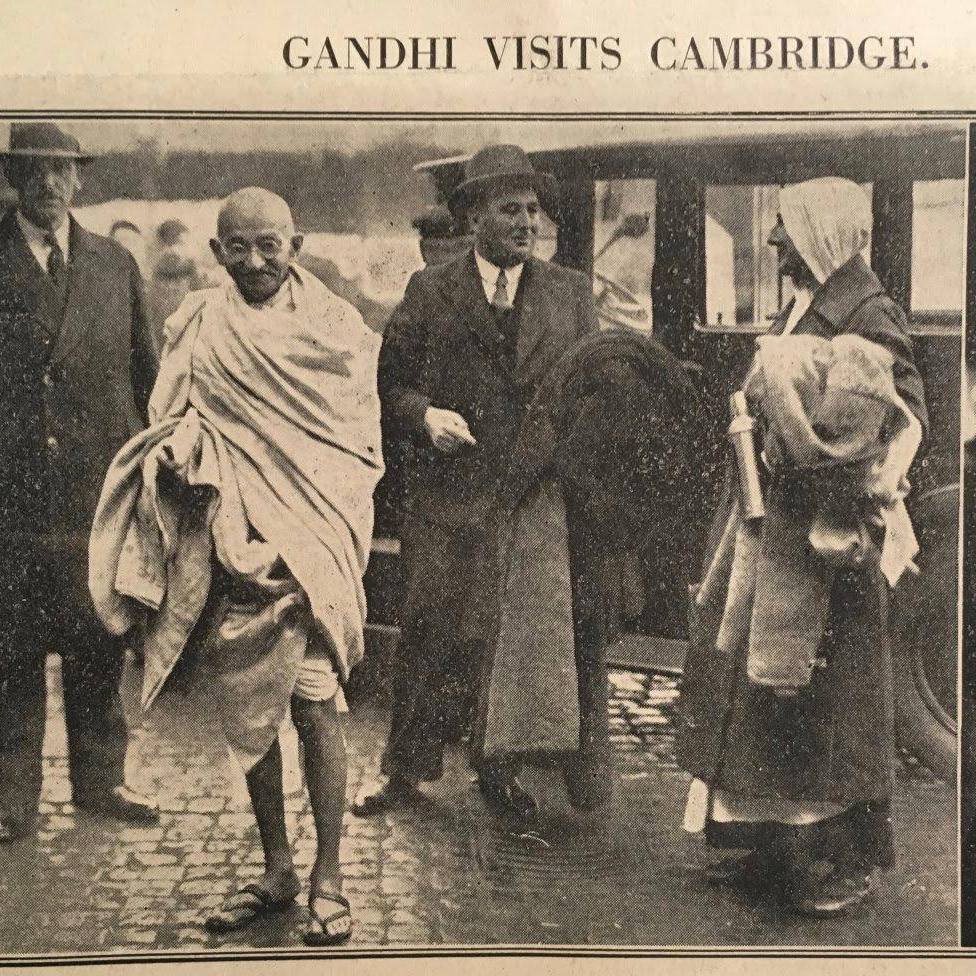
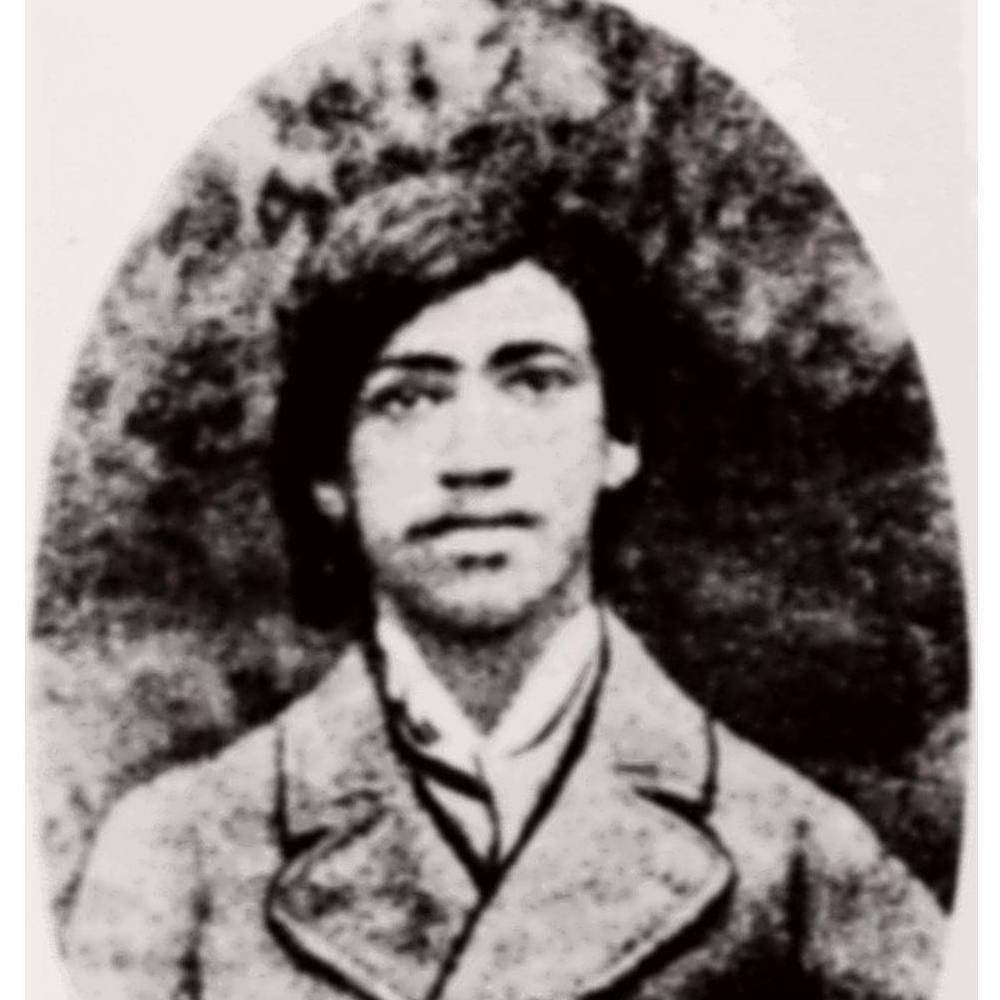
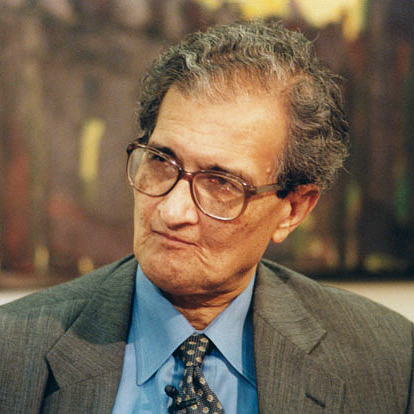
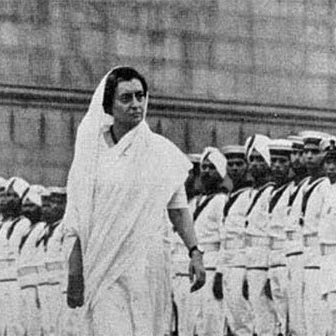
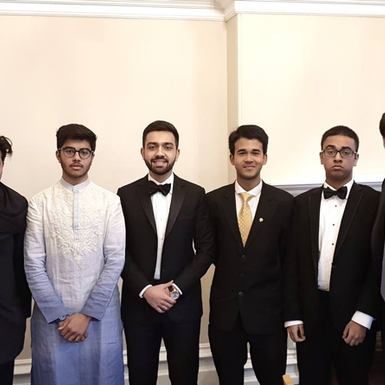
 .
.
